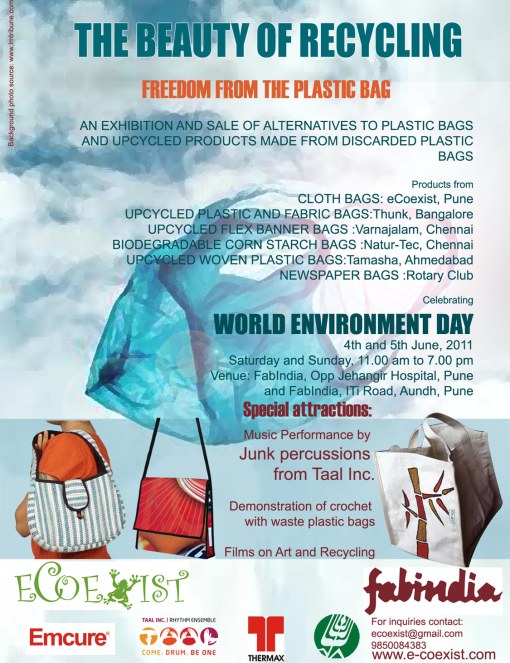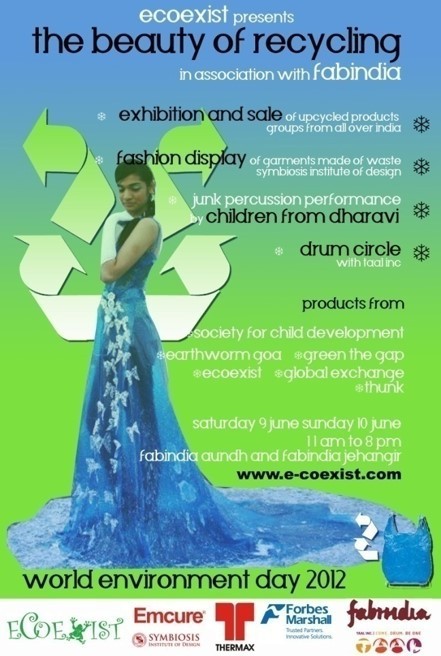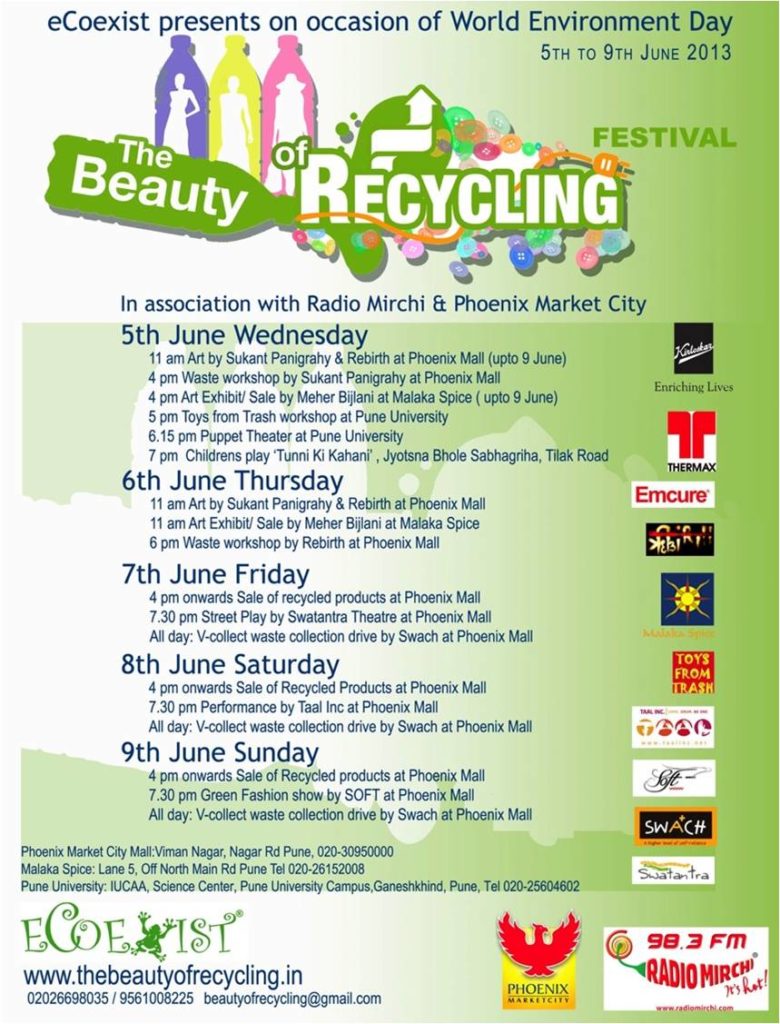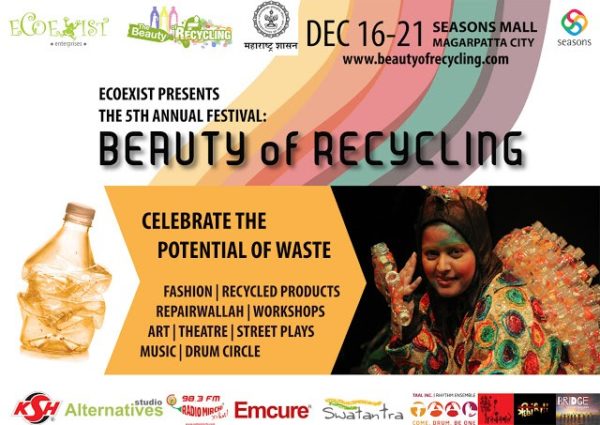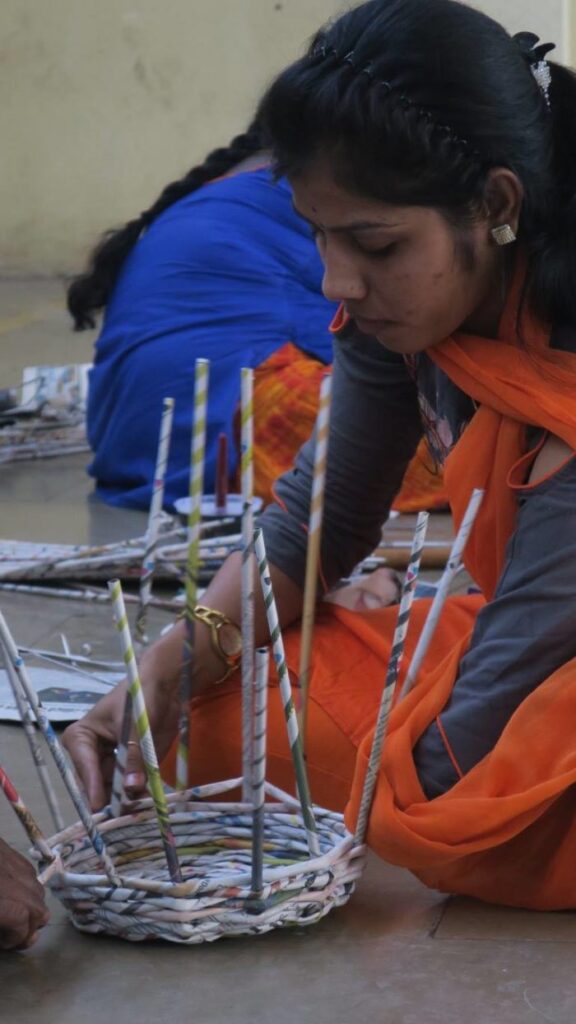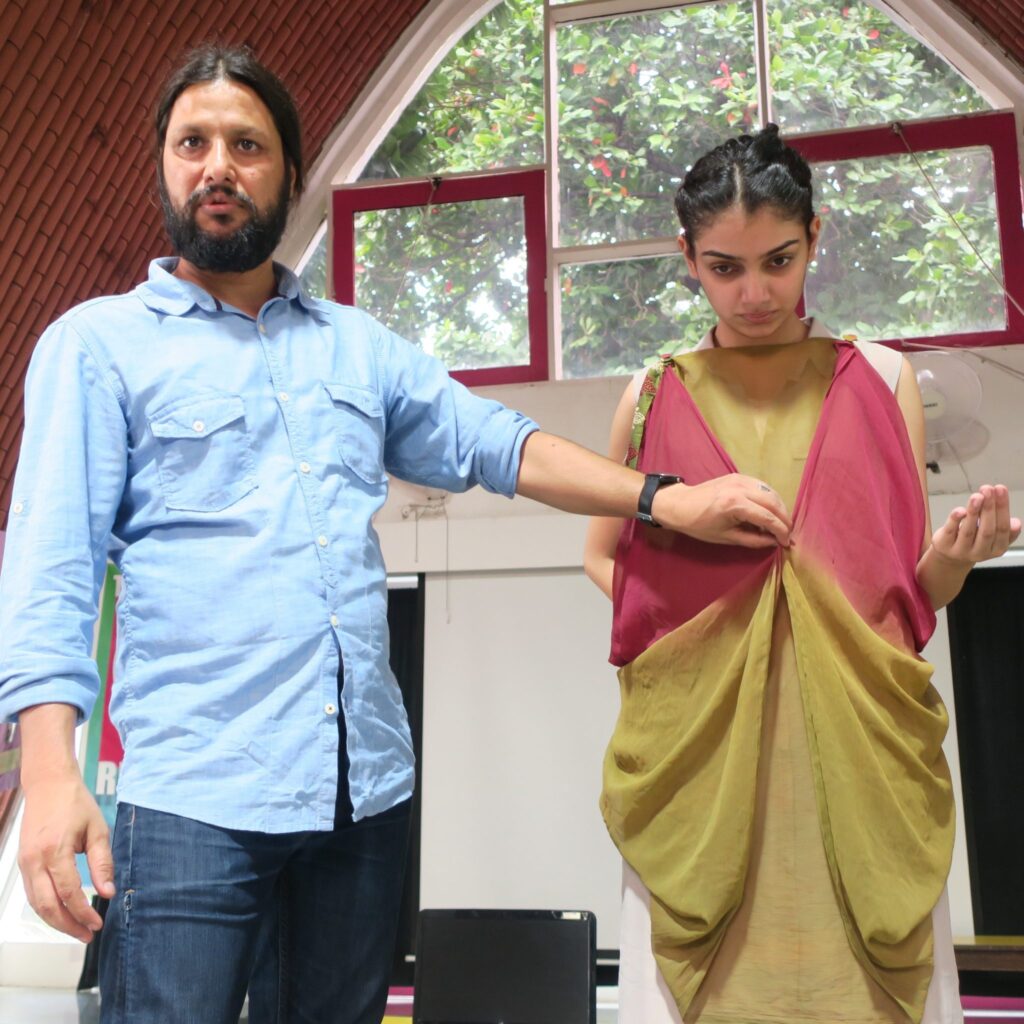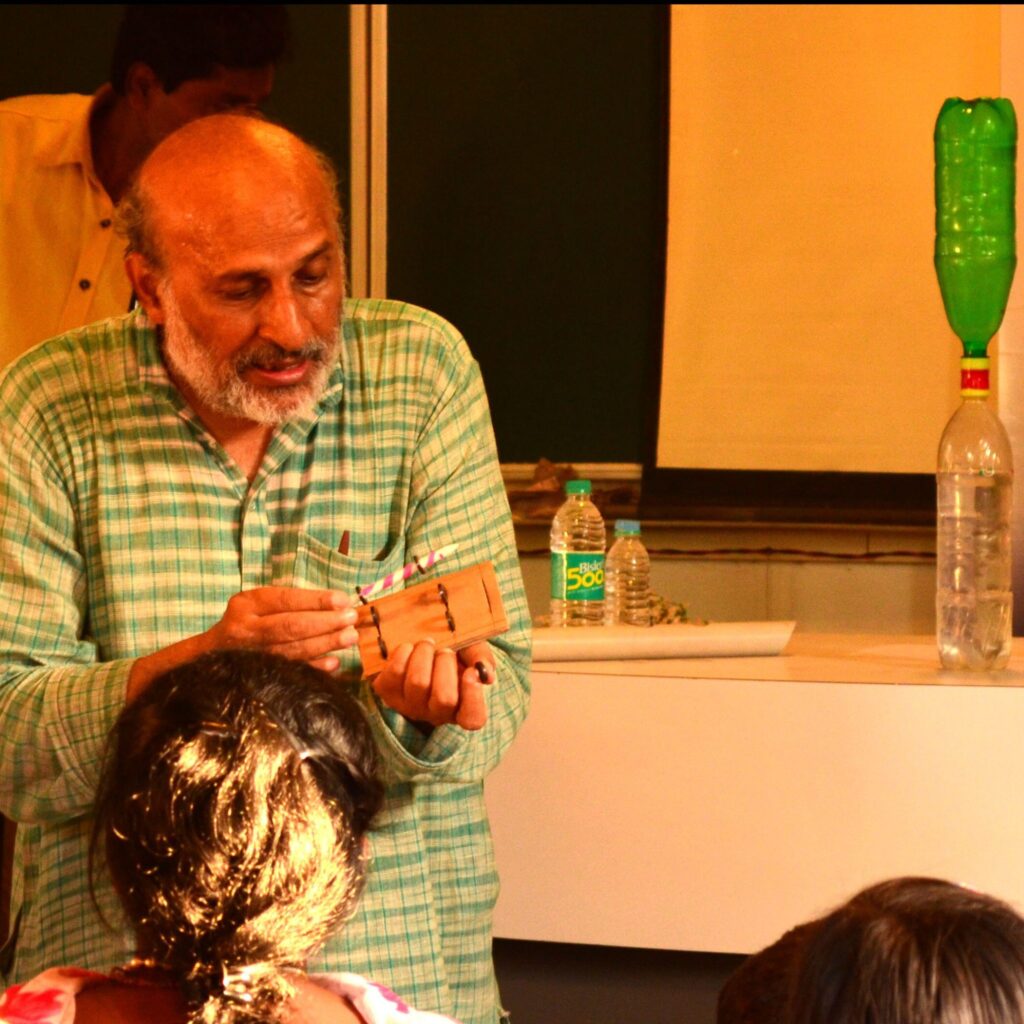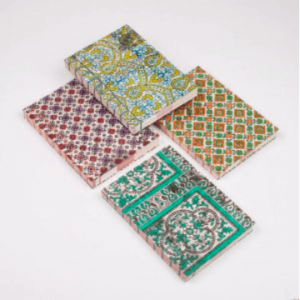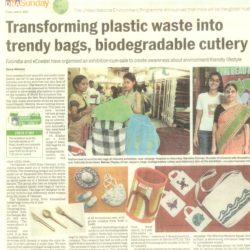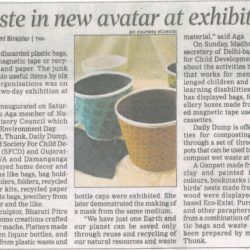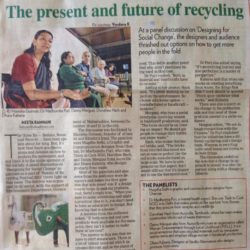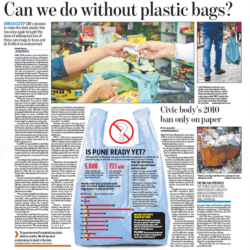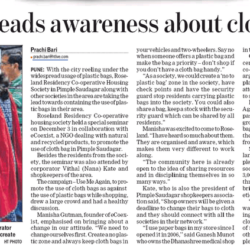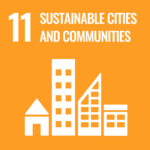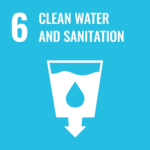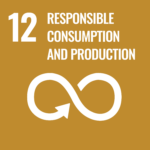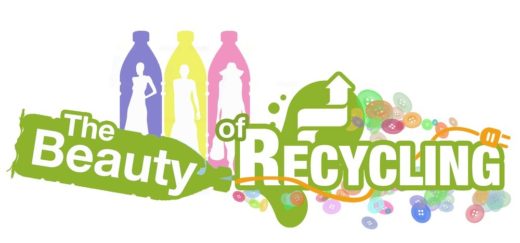
In a country like India, recycling has been an age old tradition as resources were passed on from the wealthy to hose less affording. However as Indian society became upwardly mobile, wasteful habits started to develop as the possession of goods become a status symbol and to use repurposed and recycled items started to be seen as undignified. There are a few steps to resource use before the material or the product is completely recycled. Items can be reused and repurposed before they are recycled. Recycling per se, involves the breaking down of the product to its original material and then refurbishing an entirely new product form the same old material. Recycling involves labour and is energy intensive , often involving toxic chemicals in the process of breaking down the original item. When done with out adequate safety measures, recycling itself can be harmful to workers and to the environment. Many developed countries send their waste products to India and other developing countries to be recycled, because safety laws in India are not so stringent and this keeps the cost of the recycling to a minimum.
The social impact of recycling especially in a country like India, falls mostly upon the poor. Recycling involves collection and segregation of waste items and since the rich do not want to handle their own waste, this task falls upon the underprivileged. The recycling industry employs a large number of Indians both in the informal and formal sectors. However recycling is not yet recognised as an industry that requires subsidies and support from the government. There are two main communities that are involved in recycling – those that collect and those that repurpose. Slums like Dharavi, thrive on the recycling business and the processes done here are with minimal safety considerations and nominal wages.
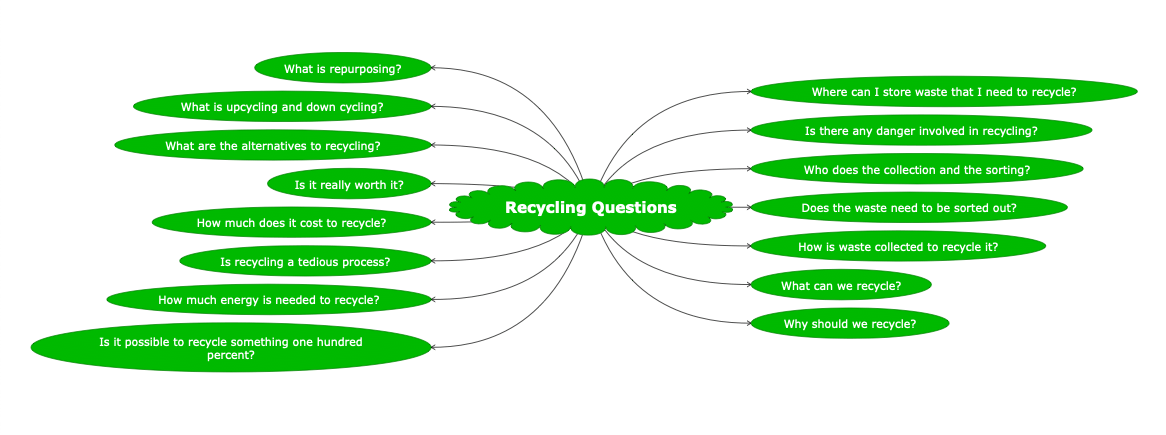
Are consumers willing to choose and buy recycled products in India? What are their concerns about these? What are their expectations form such products? Mehak Malhotra led a survey and a study on the matter.

